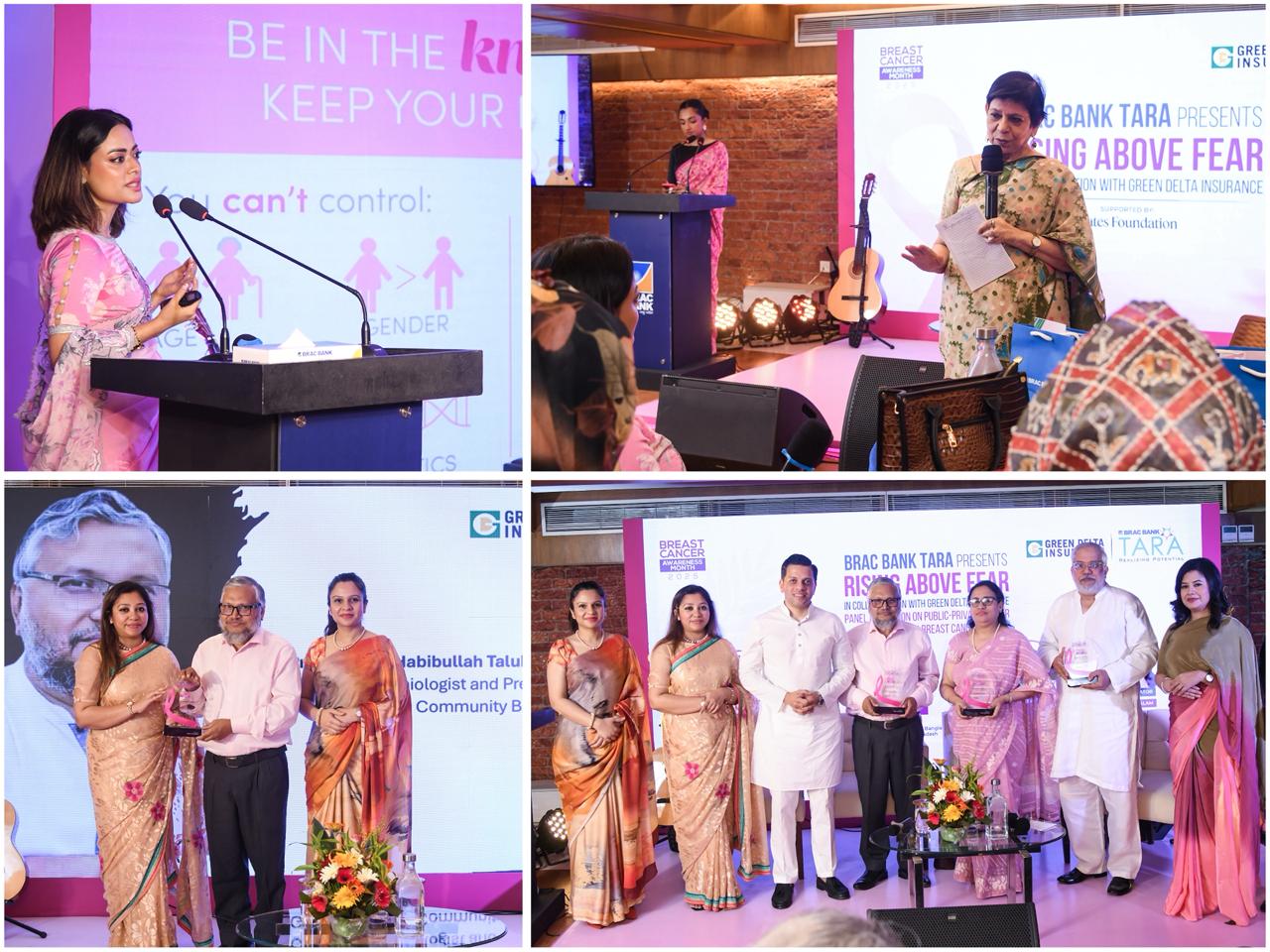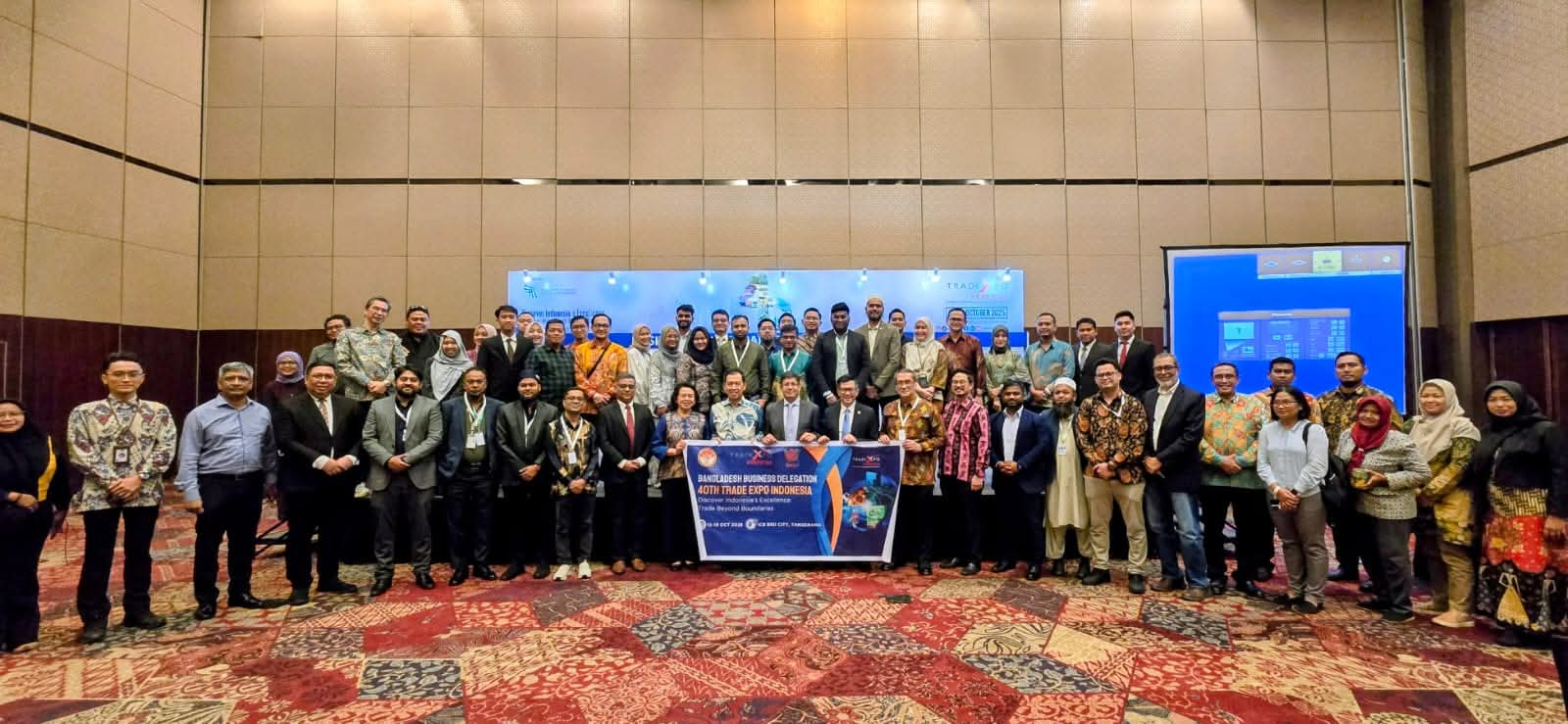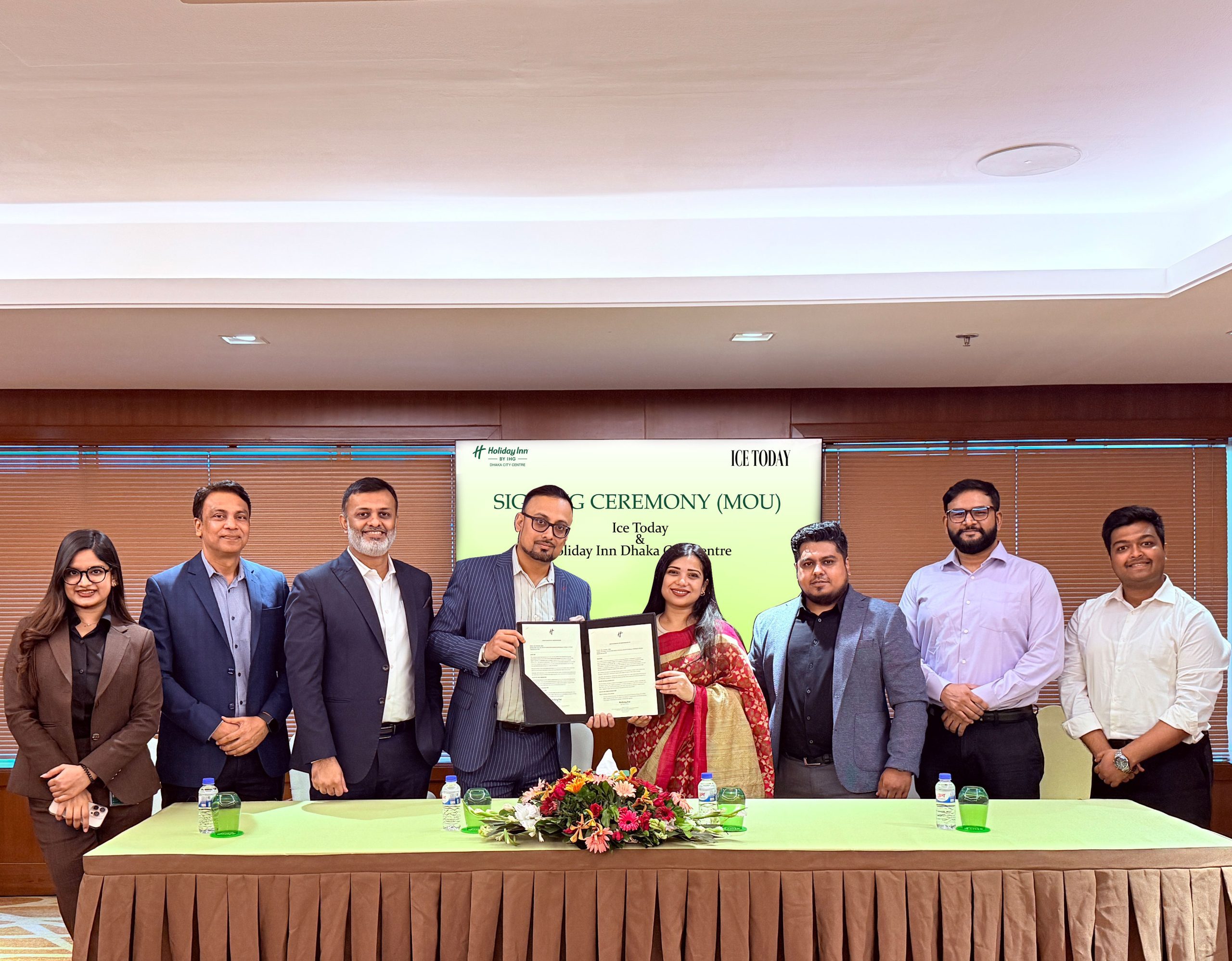In a conversation, Dr. S M Zahedul Islam Chowdhury, Research Fellow, Bangladesh Institute of Development Studies (BIDS), explicates the necessary reforms required in our healthcare sector, the future of the agriculture sector and how Special Economic Zones (SEZs) can transform Bangladesh.

Research Fellow
Bangladesh Institute of Development Studies (BIDS)
According to a recent report of the Health Economics Unit of the Ministry of Health and Family Welfare, 68.5% of an average Bangladeshi patient’s total health spending is out-of-pocket expenditure. What policy reforms would you suggest to ensure a more affordable and efficient healthcare system?
Our current healthcare system is riddled with numerous problems. The inefficiency and inadequacy force people to seek private medical services, contributing to the staggering out-of-pocket expenses. Despite being an essential sector, the inadequacy of the government healthcare system has proved fatal for the lower-income segment of our population.
The primary reason for the healthcare system’s shortcomings has been poor administrative oversight. We need to overhaul our health administration by focusing more on monitoring and allocating resources effectively. If we want to reduce patients’ out-of-pocket expenses, there is no alternative to facilitating holistic healthcare support for the aggregate population. Subsequently, the idea of health insurance is relatively obscure among our people, and existing services leave a lot to be desired. It is a stark contrast from the nations where health insurance bears a significant portion of the patients’ healthcare expenses. Therefore, an overhaul of our government healthcare services and the availability of effective insurance policies will drastically reduce out-of-pocket healthcare expenses for our population.
In terms of air quality, Bangladesh houses four among the world’s 100 most polluted cities, making our country one of the most polluted places on earth. Why have we failed so spectacularly in preserving our environment? How can we fix this?
If we look at Dhaka, it is now ranked as the most polluted city globally. Air pollution consistently ranks among the top risk factors for death and disability worldwide. According to several studies, breathing polluted air has long been recognised as increasing a person’s chances of developing heart disease, chronic respiratory diseases, lung infections and cancer. As per the World Health Organisation, air pollution kills an estimated seven million people worldwide every year, primarily due to increased mortality from stroke, heart disease, chronic obstructive pulmonary disease, lung cancer and acute respiratory infections. Dhaka’s Air Quality Index (AQI) was recorded at 269 when the ranking was formalised. An AQI between 201 and 300 is said to be ‘poor’, while a reading of 301 to 400 is considered ‘hazardous’, posing severe health risks to residents. Therefore, our air quality will soon reach a ‘hazardous’ level if immediate measures are not taken.
The most effective way to fight air and environmental pollution is to facilitate adequate policy measures. Built as the primary agency for enforcing environmental standards, the DoE is tasked with predicting, monitoring, controlling and minimising environmental pollution at every level. However, the current policy mechanisms have proven inadequate in addressing the current challenges. At the same time, we have to incorporate the latest technologies at our factories and construction sites to help reduce emissions in aggregate. Most importantly, our population needs to be aware of the implications their actions have on the environment and make necessary behavioural adjustments for the sake of our environment.
The pandemic has opened up opportunities to reshape the system and implement a new model adequate for the post-pandemic world. How can we transform our agricultural sector to create more employment opportunities for the growing young population?
We need fresh investments in the agricultural sector focusing on organic production and food processing. It will help to create significant employment opportunities for our growing young population. However, any initiative must be accompanied by government backing. Otherwise, it will fail to materialise. For example, the initiative to catalyse organic farming failed to produce expected results due to its high costs and asymmetric information. Therefore the government must back up any new investment or initiative. Also, we must continue to innovate towards making the agricultural sector more efficient. Overall, agriculture must have the government’s support on a policy and infrastructural level to ensure it advances on par with the changing dynamics of the environment and global innovation.
The SME sector plays a significant role in employment generation and creating industries for the heavy industries in the country. In recent times, the government has taken several initiatives, primarily through monetary instruments, to support the sector reeling from the pandemic.
Often touted as the backbone of an economy, Bangladesh has never wholeheartedly nurtured the small and medium enterprises sector like the governments around the world. How substantial is the growth of the SME sector as Bangladesh starts its journey towards becoming a developed nation?
The SME sector is crucial for Bangladesh’s development as we enter the journey towards becoming a developed nation. The SME sector plays a significant role in employment generation and creating industries for the heavy industries in the country. In recent times, the government has taken several initiatives, primarily through monetary instruments, to support the sector reeling from the pandemic. The SME sector is crucial for the sustainable growth of our country. It is integral in creating employment, skill development and reducing urban migration. It is imperative to provide necessary policy and tax support to the sector to allow investors with limited capital a chance in entrepreneurship. Subsequently, they need proper infrastructural support to facilitate quality control. Perhaps, the most crucial aspect towards creating a robust SME ecosystem is ensuring uninterrupted utility services. Otherwise, small entities will not be able to survive the disruptions in their production cycle.
Are the Special Economic Zones in Bangladesh serving their intended purpose of advancing the industrial sector? What are the challenges that need to be addressed promptly?
I am currently a member of the proposal evaluation committee at the Bangladesh Economic Zones Authority (BEZA) nominated by BIDS. The vision of creating a hundred Special Economic Zones across Bangladesh can help Bangladesh transform into a global manufacturing hub, but several challenges might get in the way. First of all, it is crucial to develop proper infrastructure in the surrounding areas. The authority has to ensure it is easily accessible for the people who are going to invest and work in the SEZs. Subsequently, the government needs to focus on attracting foreign investment through policy reforms to reduce bureaucracy and tax burden. Most importantly, despite the challenges, there needs to be the will to execute the vision to help address many lingering problems that plague our nation, including employment and creating a local manufacturing ecosystem. Other challenges include land acquisition and conducting an accurate environmental assessment, which has recently been assigned to an organisation.















